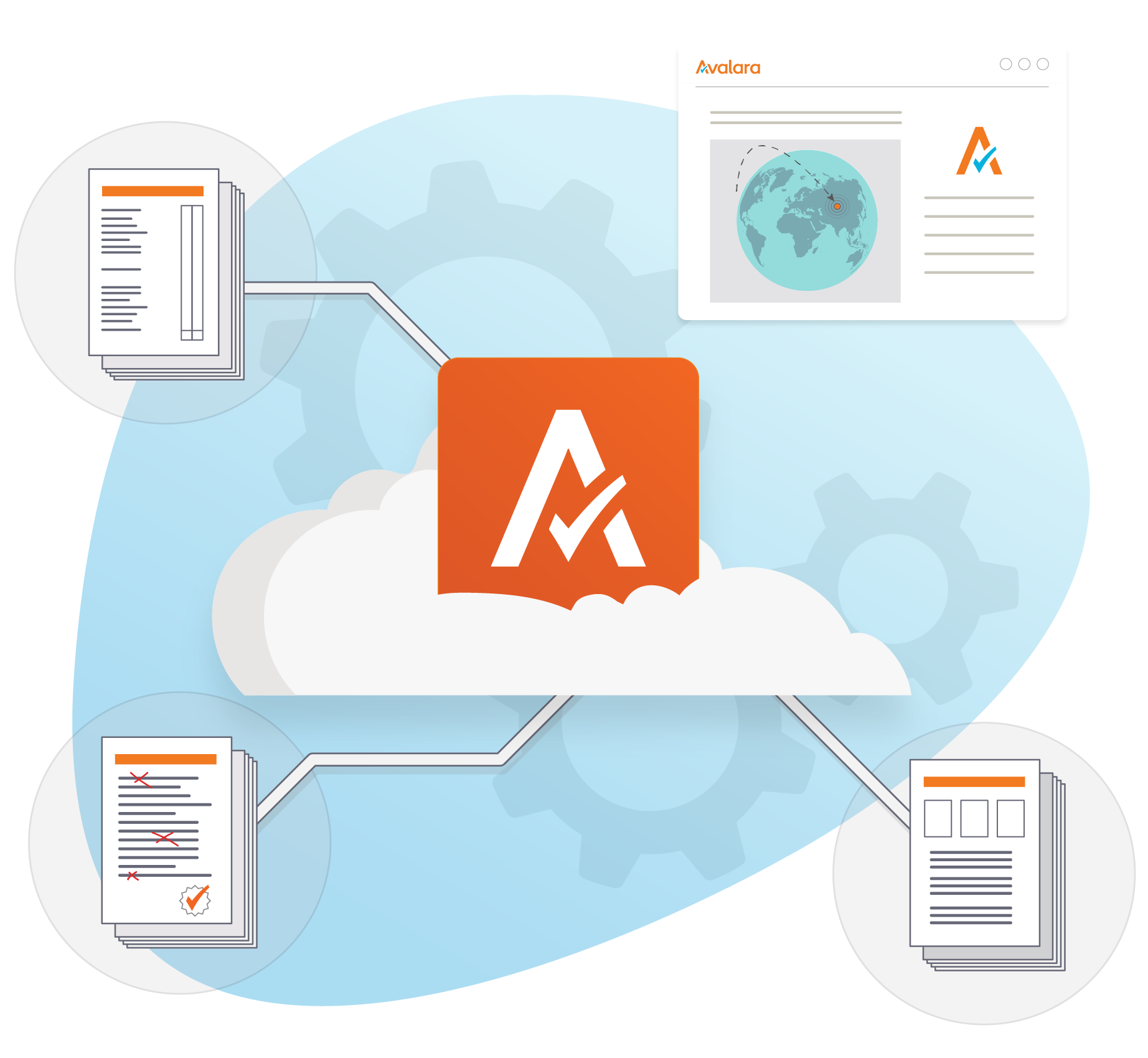
E-invoicing updates in Italy
In Europe, Italy is leading the way in terms of the digital transformation of its public administration. It was one of the first EU countries to introduce e-invoicing and is currently the only one that requires its use in both public and private sectors.
Italy mandated e-invoicing in an effort to close their VAT gap, the difference between expected and actual VAT revenue, which is one of the biggest in Europe. It first started rolling out its e-invoicing system in 2014 for B2G transactions. In 2019, the tax office extended the requirement to B2B and B2C transactions, making them subject to mandatory e-invoicing.
In 2020, the Italian government announced that e-invoicing would be mandatory for B2B cross-border transactions, effective as of January 2022. Continue reading to find out how you may be affected by the new e-invoicing rules in Italy.
Sales carried out with non-residents
The e-invoicing rules will affect transactions with non-residents of Italy, i.e., those not resident or established in the country and that don’t have an Italian VAT number. Previously, this group was exempt from the e-invoicing mandates.
From 2022, the data related to sales made to non-residents must be transmitted electronically to the electronic invoicing platform, Sistema di Interscambio (SDI), in XML format. The invoices must be reported through the platform within the standard deadline of 12 days from the date of the invoice.
As a result of this new system, Italian businesses will no longer have to file a sale and purchases report (Esterometro) for foreign transactions. Everything will be processed electronically through the SDI platform instead.
Purchases made from non-resident suppliers
Data related to the purchase of goods and services from non-resident suppliers must also be transmitted electronically to the SDI.
These e-invoices must be submitted to the SDI by the 15th day of the month following the month in which:
- A paper invoice issued by the foreign supplier is received; or
- The transaction took place from a VAT perspective. For goods, this is typically the date of delivery, while for services, it’s the payment date.
Businesses must assign the appropriate document code to report the invoice correctly on the SDI. For sales invoices, you simply mark them with the TD01 code. It’s more complex for purchase transactions, as there are three different codes to choose from:
- TD17 for purchase of services from abroad
- TD18 for intra-community acquisition of goods
- TD19 for other purchases of goods from foreign vendors
Invoice storage under KSeF
Structured e-invoices will be stored within KSeF for ten years.
Timeframe of implementation
From October 1 to December 31, 2021 – a pilot for stakeholders involved in the development of e-invoicing software to test the KSeF system
From January 1, 2022 – use of KSeF will be voluntary and all taxpayers will be able to issue structured invoices.
From January 1, 2023 – anticipated that use of KSeF will become mandatory (subject to obtaining a derogation from the European Commission).
It is anticipated that e-invoicing will eventually replace the existing SAF-T (JPK) monthly reporting requirement.
Find out more about Avalara’s e-invoicing solutions.
Penalties for non-compliance
To ensure invoices are reported correctly, the government has set penalties of €2 for each invoice not submitted to the SDI, up to a maximum of €400 per day. However, if the taxpayer submits the invoice to the SDI within 15 days of the deadline, the penalty will be halved.
Stay compliant with Avalara
Italy isn’t the only country shaking up its e-invoicing and live reporting rules.
More and more governments are seeing the benefits of using technology to ensure VAT compliance in businesses. It’s therefore critical to be prepared. That’s where Avalara comes in.
Learn more about how you can future-proof your business with Avalara’s e-invoicing and live reporting solutions.
Avalara E-Invoicing and Live Reporting
Futureproof your global growth. Our e-invoicing solution is compliant in over 60 countries.
Stay up to date
Sign up today for our free newsletter and receive the latest indirect tax updates impacting businesses selling internationally straight to your inbox.



